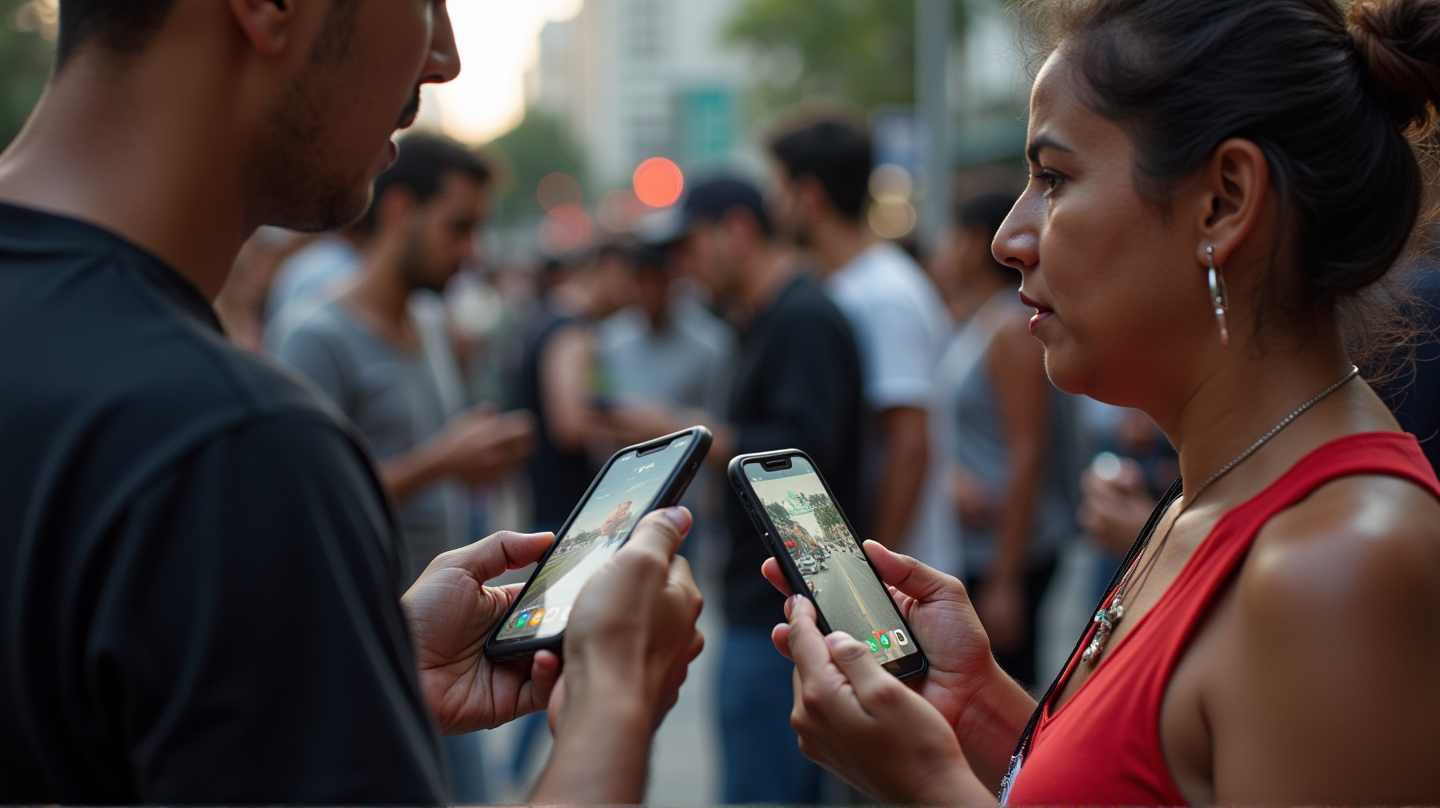In what seems like a dramatic turn of events in Cuba, the official newspaper Granma has issued a stark reminder of the potential legal repercussions for those who dare to voice critical opinions on social media, especially amidst a controversial telephone rate hike. With the state monopoly ETECSA’s recent move to limit top-ups in Cuban pesos and promote plans in dollars, public outrage has reached a boiling point.
Cubans Face Charges for Expressing Dissent
Granma’s article, “Outburst of Anti-Cuban Terrorism on the Internet,” penned by Francisco Arias Fernández, has reiterated the government’s position, listing a slew of offenses—and the punitive measures that come with them—that can be levied against dissenters. This stark warning seems to resonate with a familiar narrative of perceived threats and imperialist aggression, which has been part of the Communist Party’s rhetoric for years.
ETECSA’s Dollar Move Sparks Digital Protests
The unexpected decision by ETECSA to limit mobile top-ups in Cuban pesos to 360 per month, while offering data plans exclusively in U.S. dollars, has left many Cubans feeling disenfranchised. As the possibility of dollarization of mobile services looms large, citizens have taken to social media to voice their intense dissatisfaction. “Let’s face it,” one frustrated netizen noted with irony, “this isn’t an offer, this is an attack on those with very little.”
A Sea of Comments and Rare Public Dissent
Even on Cuba’s official portal, Cubadebate, comment sections have overflowed with over 1,300 remarks—an uncharacteristic demonstration of public anger. Notably, the usual tone of forced acceptance has been replaced by profound discontent and urgent calls for governmental accountability.
Security Measures Heightened Amidst Growing Criticism
Interestingly, following the furor over ETECSA’s pricing strategy, the Ministry of Interior announced a national surveillance exercise under the banner “Popular Exercise for Security and Order,” coinciding with the flood of criticisms on social media platforms. Alarms have been raised regarding possible measures to maintain social order, further stoking fears surrounding freedom of speech in Cuba.
Pressures to Conform and a Battle for Expression
The Cuban regime maintains strict control over information, utilizing decrees like Law 35 and the Social Communication Law, ensuring that online expressions remain tethered to state-approved narratives. Any deviation from these norms could result in severe repercussions, including imprisonment, as reaffirmed by Granma. According to CiberCuba, the legal risks for dissenters remain daunting.
Discontent Breaches Official Portals
The surprise at which official portals received dissenting voices against ETECSA’s announcement points to an unusual lax in digital censorship—though likely temporary—that allowed such unprecedented expressions of public objection. Governance spokespersons and artistic voices alike have joined the criticism, highlighting the widespread impact of the rate hikes.
This ongoing scenario poses critical questions about the future of communication, civil liberties, and governance practices in Cuba. As the digital realm becomes the modern battleground for expression and dissent, the actions of state institutions like Granma and ETECSA continue to draw global interest and scrutiny.
